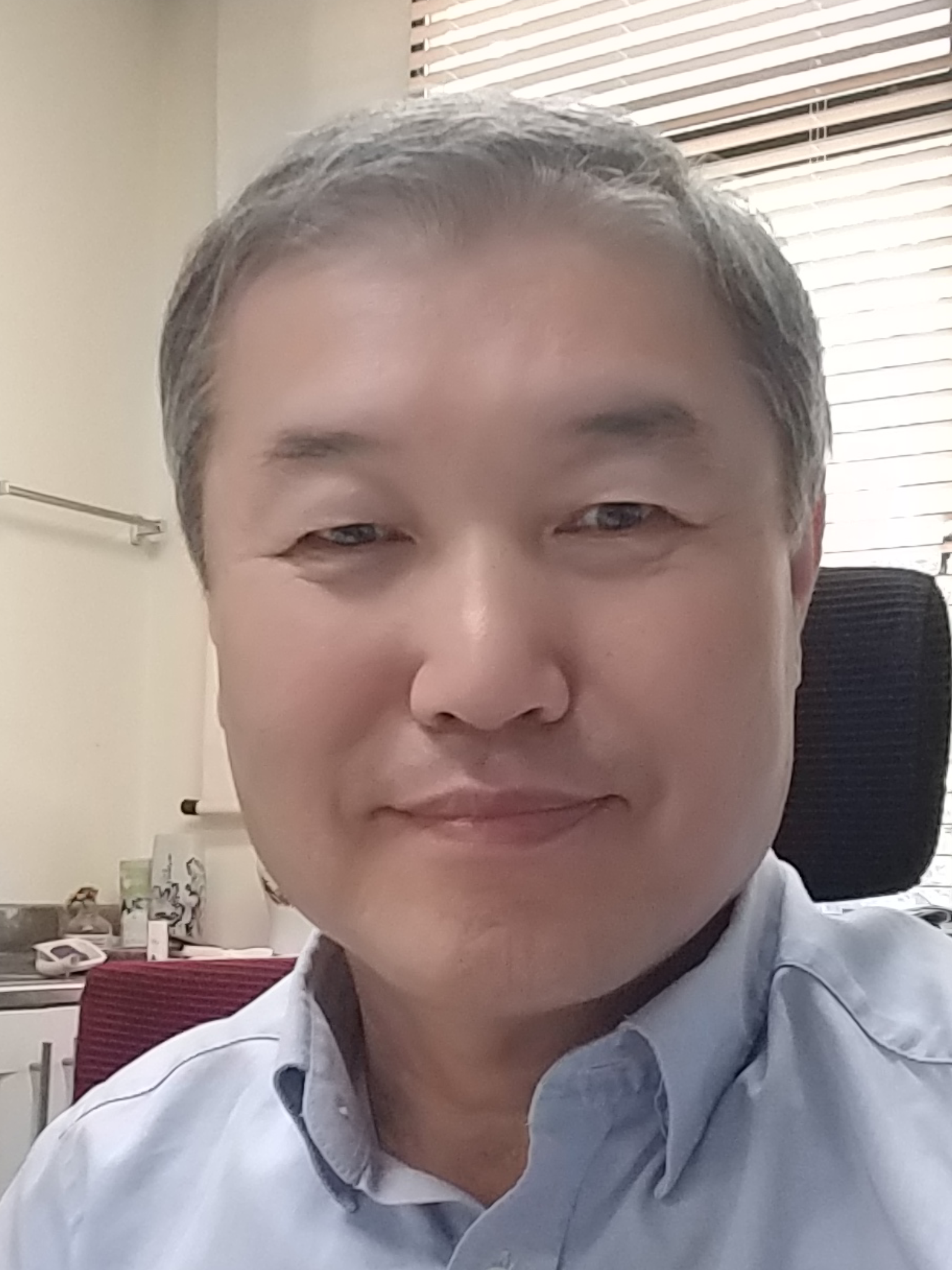Keynote Speakers
Martin Maier
Professor, Institut National de la Recherche Scientifique (INRS), Montréal, CanadaSpeech Title: Toward INTERBEING in the Metaverse: On the Symbiosis between INTERnet and Human BEING
Abstract: For all the fascination with the Metaverse, the term has no consensus definition or consistent description. Most industry leaders define it in the manner that fits their own worldviews and/or capabilities of their companies. Notwithstanding, it is fair to assume that there can be only one Metaverse – just as there is “the Internet,” not “an Internet” or “the Internets.” In virtual worlds, it is common practice to talk to strangers with no introduction whatsoever and invite them to join efforts in pursuit of a task, thereby creating a sense of shared community and an ideal community-individual relationship. In this keynote, we will report on our work on cyber-physical-social systems in the emerging Metaverse for integrating human, artificial, and natural intelligence with the help of digital twins and Web3 blockchain technologies. In particular, we outline our ideas on the virtual society’s symbiosis between Inter(net) and (human) being in the future Metaverse enabled by a stronger and more resilient nexus between real and virtual worlds for transferring the value created in these digital realms into our own real world, giving rise to the powerful concept of Interbeing, a word that is not in the dictionary yet.
Biography: Martin Maier is a full professor with the Institut National de la Recherche Scientifique (INRS), Montréal, Canada. He was educated at the Technical University of Berlin, Germany, and received MSc and PhD degrees both with distinctions (summa cum laude) in 1998 and 2003, respectively. He was a recipient of the two-year Deutsche Telekom doctoral scholarship from 1999 through 2001. In 2003, he was a postdoc fellow at the Massachusetts Institute of Technology (MIT), Cambridge, MA. He was a visiting professor at Stanford University, Stanford, CA, 2006 through 2007. He was a co-recipient of the 2009 IEEE Communications Society Best Tutorial Paper Award. Further, he was a Marie Curie IIF Fellow of the European Commission from 2014 through 2015. In 2017, he received the Friedrich Wilhelm Bessel Research Award from the Alexander von Humboldt (AvH) Foundation in recognition of his accomplishments in research on FiWi-enhanced mobile networks. In 2017, he was named one of the three most promising scientists in the category “Contribution to a better society” of the Marie Skłodowska-Curie Actions (MSCA) 2017 Prize Award of the European Commission. In 2019/2020, he held a UC3M-Banco de Santander Excellence Chair at Universidad Carlos III de Madrid (UC3M), Madrid, Spain. He is co-author of the book “Toward 6G: A New Era of Convergence” (Wiley-IEEE Press, January 2021) and author of the sequel book “6G and Onward to Next G: The Road to the Multiverse” (Wiley-IEEE Press, February 2023).
Gi-Chul Yang
Professor, Mokpo National University, South KoreaSpeech Title: Personal Authentication Systems with Graphics
Abstract: Currently, the most commonly used personal authentication method is a text-based password system. In this talk, several graphical password systems that can replace text-based password systems will be introduced, and a new personal authentication system using a graphical password system will be introduced. The existing text-based authentication solutions bring in the trade-off issue between security and usability. The main reason is short passwords are easy to remember but not secure enough as they are vulnerable to password guessing or shoulder surfing attacks. In contract, long passwords can ensure security, but they raise usability issues due to the difficulty of memorising, recalling, and inputting passwords. In this talk, number of image-based authentication solutions will be proposed. The next-generation personal authentication system to be introduced in this talk has strong security and high usability.
Biography: Gi-Chul Yang received his M.S. degree from Department of Computer Science, the University of Iowa, USA in 1986 and Ph.D. degree in Computer Science and Telecommunications Program from the University of Missouri, USA in 1993. Currently, he is a Professor at Mokpo National University, where he has been working since September 1993. He was also a Director of Information & Computing Institute, School of Information Engineering and University Library at Mokpo National University.
His research interests include Artificial Intelligence (AI) and Human-Computer Interaction (HCI). He published the research articles more than 200 and got several patents. He was working on personal authentication schemes and published papers in various Journals including ‘TIM: Secure and Usable Authentication for Smartphones’ to be published in Journal of Information Security and Applications. He is, currently, pursuing to develop more secure and user-friendly authentication system using EEG data and AI technique. He was a Visiting Scholar at Heriot-Watt University, University of Hamburg, University Institute of Lisbon and University of Porto in 2002, 2015 and 2022 respectively. He collaborated with professors at Linkoping University, University of Zurich, University of Missouri, University of Auckland, Drexel University, Queen Mary University in London, Surrey University and University of Hawaii. He is an author of several books (written in Korean) and was an editor of Springer’s Transactions of Engineering Technologies. He gave keynote speeches and served as a committee member of various international conferences including a conference chair and co-chair. He is, also, an editorial board member of International Journals such as American Journal of Computer Science and Technology (AJCST) and Journal of Image and Graphics (JOIG).
Chi-Man Pun
Professor, Computer and Information Science, University of Macau, ChinaSpeech Title: Privacy Protection in Video Live Streaming
Abstract: With the prevailing of live video streaming, establishing an online pixelation method for privacy-sensitive objects is an urgency. Caused by the inaccurate detection of privacy-sensitive objects, simply migrating the tracking-by-detection structure into the online form will incur problems in target initialization, drifting, and over-pixelation. To cope with the inevitable but impacting detection issue, we propose a novel Privacy-sensitive Objects Pixelation (PsOP) framework for automatic personal privacy filtering during live video streaming. Leveraging pre-trained detection networks, our PsOP is extendable to any potential privacy-sensitive objects pixelation. Employing the embedding networks and the proposed Positioned Incremental Affinity Propagation (PIAP) clustering algorithm as the backbone, our PsOP unifies the pixelation of discriminating and indiscriminating pixelation objects through trajectories generation. In addition to the pixelation accuracy boosting, experiments on the streaming video data we built show that the proposed PsOP can significantly reduce the over-pixelation ratio in privacy-sensitive object pixelation.
Biography: Chi-Man Pun received his Ph.D. degree in Computer Science and Engineering from the Chinese University of Hong Kong in 2002, and his M.Sc. and B.Sc. degrees from the University of Macau. He had served as the Head of the Department of Computer and Information Science, University of Macau from 2014 to 2019, where he is currently a Professor and in charge of the Image Processing and Pattern Recognition Laboratory. He has investigated many externally funded research projects as PI, and has authored/co-authored more than 200 refereed papers in many top-tier journals and conferences. He also has two US Patents granted and is the recipient of the Macao Science and Technology Award 2014. Dr. Pun has served as the General Chair/Co-chair and the Program/Local Chair for many international conferences. He has also served as the SPC/PC member for several top CS conferences such as AAAI, CVPR, ICCV, ECCV, etc. His research interests include Image Processing and Pattern Recognition; Multimedia Information Security, Forensic and Privacy; Adversarial Machine Learning and AI Security, etc.



